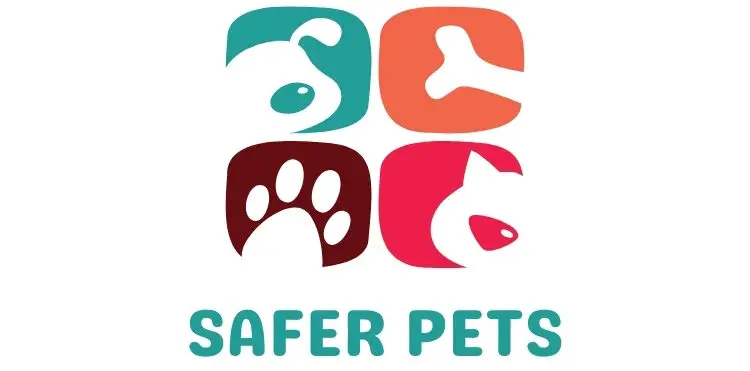Dog ownership is a privilege that must be taken seriously. All dog owners must raise and care for their dogs in a specific manner – one that does not harm the dog in any way. Dog owners must also follow specific dog legislation.
Having dog-specific laws in place may seem unreasonable, however, they were created, and are implemented, for society’s safety, as well as that of the dog.
Every dog, no matter its size or breed, must be trained in basic obedience. This will go a long way in keeping your dog out of harm’s way, and hopefully you and your dog will never have an encounter with local authorities.
To help owners out, the Kennel Club dog owners group has created two programs, the first being the Safe and Sound Scheme, which was created “to promote the safe interaction between children and dogs, and teaches children how to behave around dogs and to stay safe,” according to the Kennel Club. “It can never be taken for granted that any dog will be 100 per cent safe with everyone all of the time.”
The second program is the Good Citizen Dog Scheme, which covers both theoretical and practical dog training skills.
Under Control
As of 1992, the Control of Dogs Order requires any dog in a public place to wear a collar and ID tag with the name and address of the owner on it. Failure to comply can lead to a £5,000 fine.
However, every rule, including this one, has its exceptions. Dogs exempt from wearing a collar and ID tag in public include: dogs on official duty for the armed forces, HM Customs and Excise or police; sport dogs and packs of hounds; dogs used for capturing or destroying vermin; dogs used for driving/tending cattle or sheep; guide dogs for the blind; and dogs used for emergency rescue work.
Poop and Scoop
Did you know that until 2003 in Scotland, it was illegal to let your dog go potty in specified public places, regardless of whether or not the dirty deed was immediately removed or not.
The new act now makes public fouling an offence only when it is not immediately cleaned up. The remainder of UK dog owners who fail to scoop their dog’s poop can be slapped with a £1,000 fine under the Clean Neighbourhoods and Environment Act 2005.
Another way in which local authorities are trying to keep neighbourhoods beautiful is by handing out dog control orders. “This means that councils will be able to make an order for a standard offence to apply to land within their area,” reports the Kennel Club.
Offences likely covered included: not putting or keeping a dog on a lead when directed to do so by an authorised officer; permitting a dog to go onto unauthorised land; and taking more than the specified number of dogs onto land.
When it comes to trespassing, the Animals Act 1997 empowers farmers to shoot, without warning, dogs the farmer feels is a threat to his livestock. The dog’s owner could face criminal prosecution for the same offence.
Dangerous Dogs
As of 1991, all breeds or types of Pit Bull Terriers, Japanese Tosa, Dogo Argentino or Filo Braziliero must be registered, neutered, microchipped, tattooed and insured. “It is an offence to breed, sell, exchange or give away a dog of these breeds and they must have been registered by the end of November 1991. It is not possible to register them now,” according to Birmingham Public Health.
If you illegally own one of these dogs, you can be hit with a maximum fine of £5,000 and/or six month’s imprisonment.
Breeding
Dog breeders who breed five or more litters a year must be licensed under the Breeding and Sale of Dogs (Welfare) Act 1999. Even if you breed fewer than five litters a year, but breed for business purposes, you too must be licensed.
The Act also states that licensed breeders: cannot mate a bitch under 12 months old; cannot whelp more than six litters from a bitch; cannot whelp two litters within a 12-month period from the same bitch; they must keep accurate records and puppies cannot be sold until they are eight weeks old. However, they are able to sell puppies, less than eight weeks of age, to a licensed pet shop or Scottish rearing establishment.
